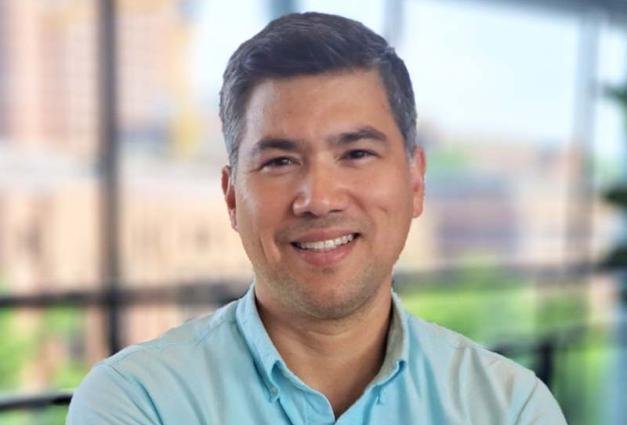Steve Stroessner is the Ann Whitney Olin Professor of Psychology at Barnard College. His past research has been in the area of social cognition with a particular interest in the role that cognitive, affective, and motivational factors play in stereotyping processes. His current research focuses on social categorization processes and the relation between perceived threat and stereotype endorsement.
What led you to choose a career in personality and social psychology?
I was always interested in social and political issues at a societal level, but also wanted to understand how these factors affected individuals. I discovered that social psychology melded these perspectives by taking a fantastic class with my (eventual) undergraduate mentor at Hope College, Dr. Chuck Green.
How would you summarize your current research interests?
Traditionally, I have focused my research on social perception with an emphasis on cognitive and motivational processes in stereotyping and prejudice. In the last few years, I have begun to turn to the social perception of non-social entities. Specifically, I have become interested in how non-human entities (shapes, objects, robots) invoke social categorization processes with predictable downstream consequences (e.g., gender stereotyping and prejudice).
As an instructor, are there any strategies or techniques that you’ve found to be especially helpful?
I have always found it useful to remind myself what I used to not know. It is very easy to take for granted what we know, as a field, and this can easily become reflected in our teaching. I try to remember what it felt like to be exposed for the first time to the research in the field and to remember how transformative it was in my own thinking about the world.
Is there a particular class that you enjoy teaching?
Although I have not taught it for a few years, my favorite class to teach is Statistics. I love leading students through a topic that often is intimidating to them, to get them engaged in the topic despite these fears, and to get at least a subset of students to enjoy and appreciate it. It is also a class in which it is easy to see that students have learned.
How has SPSP membership helped support you professionally?
It has kept me informed of new developments in the field, long before these developments appear in journals. More important, it has allowed me to meet and get to know new generations who are entering the field and making exciting contributions to the field.
Do you have a particularly memorable SPSP convention experience?
I was present at one of the first sessions focused on “best practices” in 2012, and that session ended up being both memorable and consequential.
What are your passions outside of psychology?
I love music, good food, and good wine. The two places where I have lived in the last few years — New York and Los Angeles — make it very easy to experience those things.
Do you have any advice for our student members or individuals interested in a career in personality and social psychology?
Your research should reflect your passions. If you study what you care about, it will never feel like a job.
Is there a fellow member you would like to see featured in this space? Let us know!




